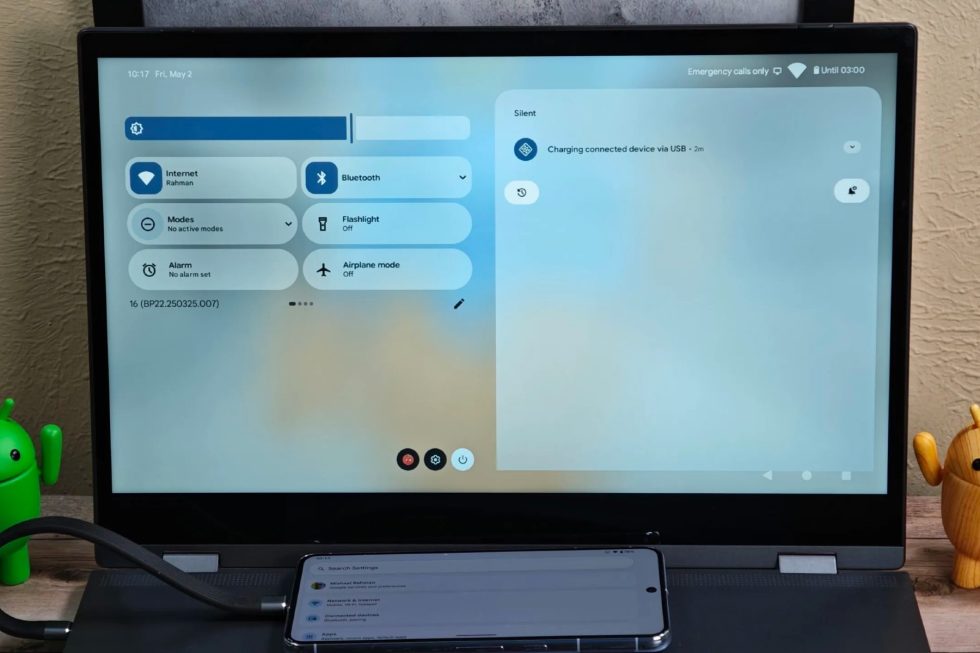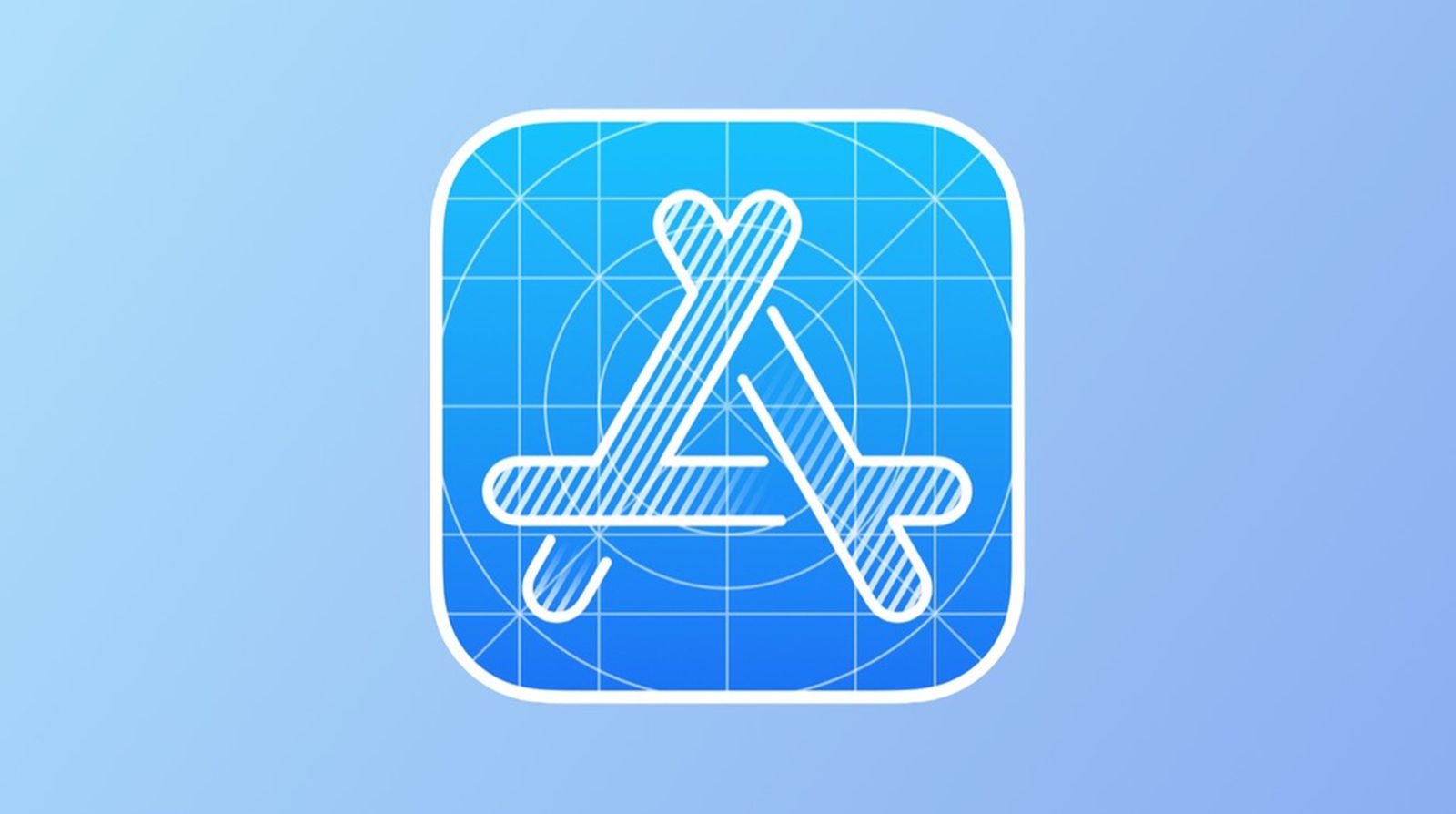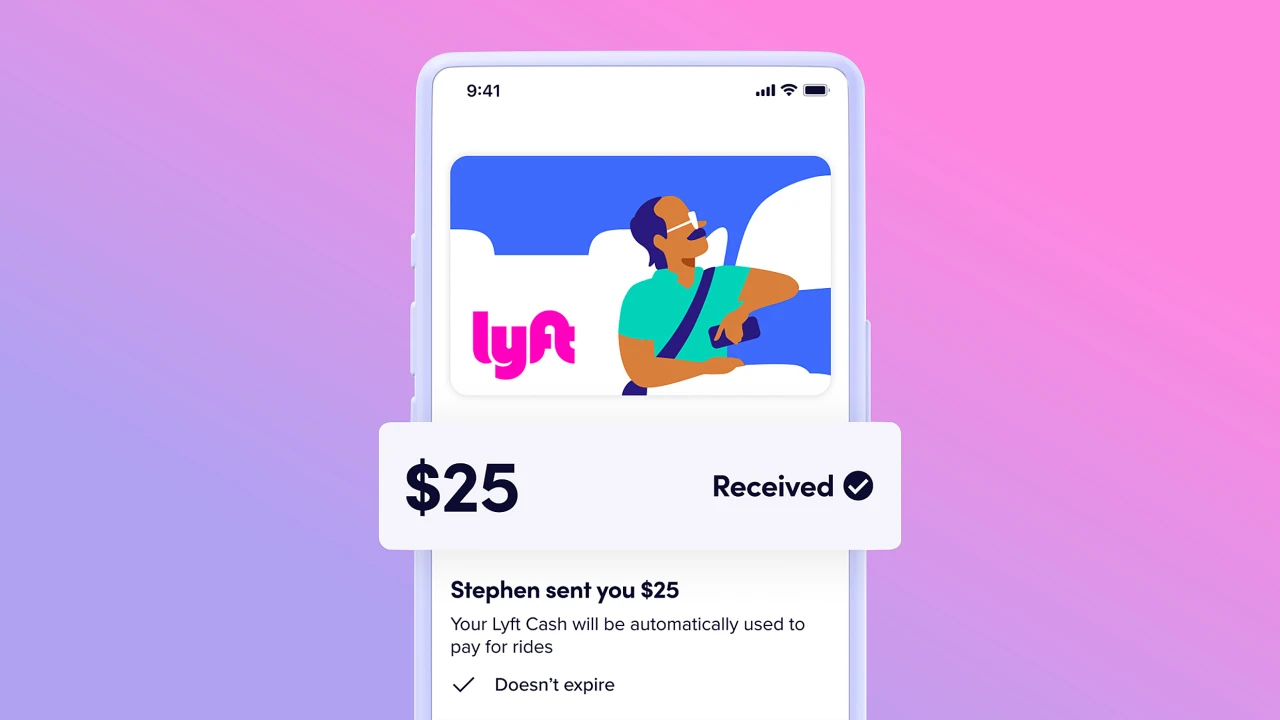How to Host Flutter Web Applications on Firebase?
Introduction to Hosting Flutter on Firebase Are you curious about how to host your Flutter web applications on Firebase? This guide will walk you through the steps of deploying your Flutter projects to Firebase Hosting while addressing how effectively it works. If you're already familiar with Firebase from hosting HTML, JavaScript, and CSS pages, you'll find it quite straightforward to transition to Flutter. Why Choose Firebase for Flutter Hosting? Firebase Hosting is a powerful, secure hosting solution tailored for web applications. Here are a few reasons why Firebase is an excellent choice for hosting Flutter applications: Global CDN: Firebase Hosting uses a global Content Delivery Network (CDN) to ensure your app loads quickly from anywhere in the world. Reliable and Scalable: It can easily handle production-scale traffic with no downtime. HTTPS by Default: All hosting is done over HTTPS, ensuring that your app is secure and trustworthy. Easy Integration: Firebase's easy integration with other Firebase services (like Firestore, Authentication) allows you to build powerful applications quickly. Getting Started: Requirements Before we dive into hosting your Flutter web app, make sure you have the following installed on your machine: Flutter SDK: Ensure you have the latest version of the Flutter SDK installed. You can download it from Flutter's official website. Firebase CLI: Install the Firebase Command Line Interface (CLI). You can do this using npm: npm install -g firebase-tools A Firebase Project: If you haven’t already done so, create a Firebase project in the Firebase Console. Step 1: Create a Flutter Web App If you haven't created a Flutter web app yet, you can start with the following command: flutter create my_flutter_web_app cd my_flutter_web_app fluter build web This will create a new Flutter project and build it for the web. Step 2: Configure Firebase Open your Firebase project in the Firebase console. Click on the Add app button and select the web icon. Register your app and copy the Firebase configuration object that appears. This is used to initialize Firebase in your Flutter app. Next, navigate back to your Flutter project and install the Firebase dependencies by adding the following to your pubspec.yaml: dependencies: flutter: sdk: flutter firebase_core: ^2.3.0 firebase_auth: ^4.0.0 Run the following command to get these packages: flutter pub get Step 3: Initialize Firebase in Your Project Now, initialize Firebase in your Flutter app by adding the following code to your main.dart: import 'package:firebase_core/firebase_core.dart'; void main() async { WidgetsFlutterBinding.ensureInitialized(); await Firebase.initializeApp(); runApp(MyApp()); } This code ensures that Firebase is initialized before your app runs. Step 4: Build the Web App Once your app is set up with Firebase, run the following command to build it for the web: flutter build web Your app will be compiled and any static assets such as HTML, CSS, and JavaScript files will be placed in the build/web directory. Step 5: Deploy to Firebase Hosting Firebase Login First, log in to Firebase using the CLI: firebase login Initialize Firebase Hosting After you are logged in, navigate to the root of your Flutter project and run: firebase init hosting Follow the prompts to set up hosting. Make sure to select the directory as build/web when asked where to deploy the files. Deploy Your Application Finally, deploy your application: firebase deploy Once the deployment is complete, the Firebase CLI will provide you with a URL where your Flutter web app is hosted. How Well Does Flutter Web Work on Firebase? Hosting Flutter applications on Firebase generally works very well due to the supportive architecture of Firebase Hosting. However, performance greatly depends on how the app is optimized: Loading Times: Flutter's compiled JavaScript might have longer loading times for larger apps compared to standard HTML/CSS apps. Interactivity: Flutter apps are highly interactive, and Firebase seamlessly supports dynamic data through Firestore and other services, making it suitable for responsive applications. Responsive Design: Ensure your Flutter app is responsive. Use media queries and Flutter’s layout capabilities to support various screen sizes. Frequently Asked Questions (FAQ) Can I use Firebase Realtime Database with Flutter Web? Yes, you can use Firebase Realtime Database seamlessly in your Flutter web app as part of Firebase Services integration. Is there a performance difference between Flutter for Mobile and Web? There might be some performance variances, but with optimization, Flutter web apps can also perform quite well. Focus on building efficient UIs to minimize lag. Do I need to configure anything special for SSR with Flutter Web? Currently, Flutter Web doesn’t support Server-Side Rendering (SSR). Optimize your applications using other methods availa

Introduction to Hosting Flutter on Firebase
Are you curious about how to host your Flutter web applications on Firebase? This guide will walk you through the steps of deploying your Flutter projects to Firebase Hosting while addressing how effectively it works. If you're already familiar with Firebase from hosting HTML, JavaScript, and CSS pages, you'll find it quite straightforward to transition to Flutter.
Why Choose Firebase for Flutter Hosting?
Firebase Hosting is a powerful, secure hosting solution tailored for web applications. Here are a few reasons why Firebase is an excellent choice for hosting Flutter applications:
- Global CDN: Firebase Hosting uses a global Content Delivery Network (CDN) to ensure your app loads quickly from anywhere in the world.
- Reliable and Scalable: It can easily handle production-scale traffic with no downtime.
- HTTPS by Default: All hosting is done over HTTPS, ensuring that your app is secure and trustworthy.
- Easy Integration: Firebase's easy integration with other Firebase services (like Firestore, Authentication) allows you to build powerful applications quickly.
Getting Started: Requirements
Before we dive into hosting your Flutter web app, make sure you have the following installed on your machine:
-
Flutter SDK: Ensure you have the latest version of the Flutter SDK installed. You can download it from Flutter's official website.
-
Firebase CLI: Install the Firebase Command Line Interface (CLI). You can do this using npm:
npm install -g firebase-tools -
A Firebase Project: If you haven’t already done so, create a Firebase project in the Firebase Console.
Step 1: Create a Flutter Web App
If you haven't created a Flutter web app yet, you can start with the following command:
flutter create my_flutter_web_app
cd my_flutter_web_app
fluter build web
This will create a new Flutter project and build it for the web.
Step 2: Configure Firebase
- Open your Firebase project in the Firebase console.
- Click on the Add app button and select the web icon.
- Register your app and copy the Firebase configuration object that appears. This is used to initialize Firebase in your Flutter app.
Next, navigate back to your Flutter project and install the Firebase dependencies by adding the following to your pubspec.yaml:
dependencies:
flutter:
sdk: flutter
firebase_core: ^2.3.0
firebase_auth: ^4.0.0
Run the following command to get these packages:
flutter pub get
Step 3: Initialize Firebase in Your Project
Now, initialize Firebase in your Flutter app by adding the following code to your main.dart:
import 'package:firebase_core/firebase_core.dart';
void main() async {
WidgetsFlutterBinding.ensureInitialized();
await Firebase.initializeApp();
runApp(MyApp());
}
This code ensures that Firebase is initialized before your app runs.
Step 4: Build the Web App
Once your app is set up with Firebase, run the following command to build it for the web:
flutter build web
Your app will be compiled and any static assets such as HTML, CSS, and JavaScript files will be placed in the build/web directory.
Step 5: Deploy to Firebase Hosting
Firebase Login
First, log in to Firebase using the CLI:
firebase login
Initialize Firebase Hosting
After you are logged in, navigate to the root of your Flutter project and run:
firebase init hosting
Follow the prompts to set up hosting. Make sure to select the directory as build/web when asked where to deploy the files.
Deploy Your Application
Finally, deploy your application:
firebase deploy
Once the deployment is complete, the Firebase CLI will provide you with a URL where your Flutter web app is hosted.
How Well Does Flutter Web Work on Firebase?
Hosting Flutter applications on Firebase generally works very well due to the supportive architecture of Firebase Hosting. However, performance greatly depends on how the app is optimized:
- Loading Times: Flutter's compiled JavaScript might have longer loading times for larger apps compared to standard HTML/CSS apps.
- Interactivity: Flutter apps are highly interactive, and Firebase seamlessly supports dynamic data through Firestore and other services, making it suitable for responsive applications.
- Responsive Design: Ensure your Flutter app is responsive. Use media queries and Flutter’s layout capabilities to support various screen sizes.
Frequently Asked Questions (FAQ)
Can I use Firebase Realtime Database with Flutter Web?
Yes, you can use Firebase Realtime Database seamlessly in your Flutter web app as part of Firebase Services integration.
Is there a performance difference between Flutter for Mobile and Web?
There might be some performance variances, but with optimization, Flutter web apps can also perform quite well. Focus on building efficient UIs to minimize lag.
Do I need to configure anything special for SSR with Flutter Web?
Currently, Flutter Web doesn’t support Server-Side Rendering (SSR). Optimize your applications using other methods available within Flutter to enhance the performance.
Conclusion
Hosting your Flutter web applications on Firebase can give you a robust infrastructure that enables fast, reliable, and secure deployments. With Firebase, you can leverage excellent scalability and integrate additional Firebase features to enhance your app. Start building your Flutter web projects today and experience the ease of hosting them with Firebase. Happy coding!






































































































































































![[The AI Show Episode 145]: OpenAI Releases o3 and o4-mini, AI Is Causing “Quiet Layoffs,” Executive Order on Youth AI Education & GPT-4o’s Controversial Update](https://www.marketingaiinstitute.com/hubfs/ep%20145%20cover.png)













































































































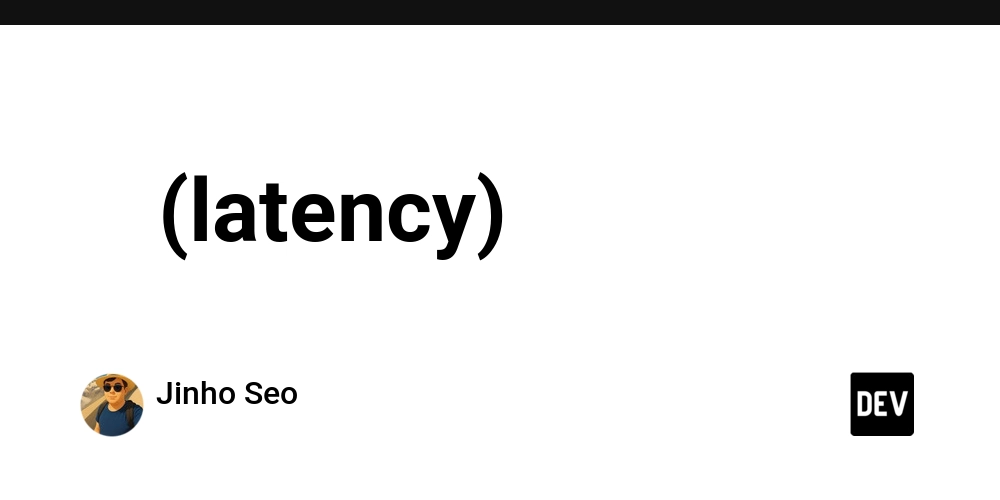





























































































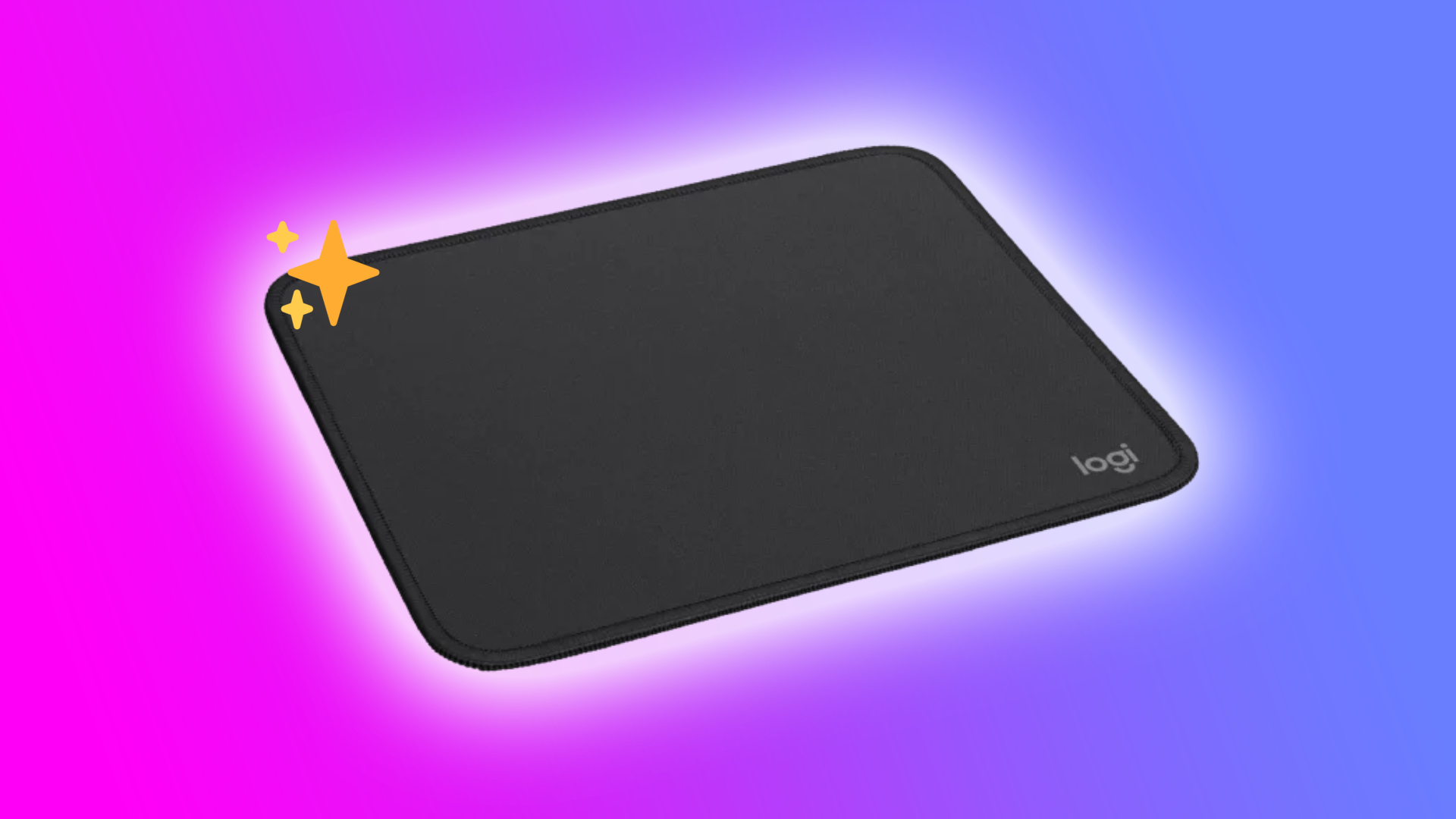




































































 Stolen 884,000 Credit Card Details on 13 Million Clicks from Users Worldwide.webp?#)






































































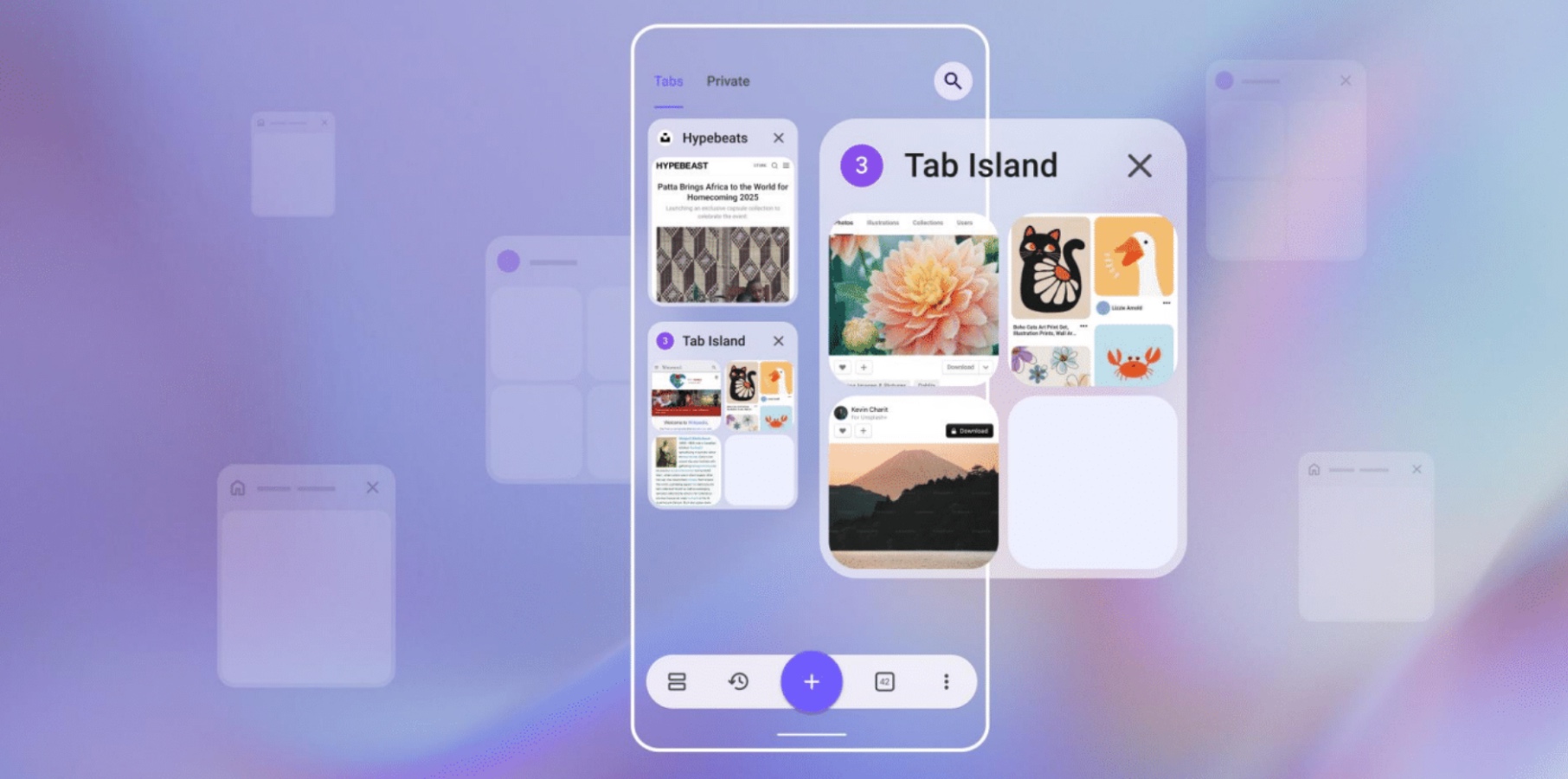





















![Chrome 136 tones down some Dynamic Color on Android [U]](https://i0.wp.com/9to5google.com/wp-content/uploads/sites/4/2023/03/google-chrome-logo-4.jpg?resize=1200%2C628&quality=82&strip=all&ssl=1)















![Apple Shares Official Teaser for 'Highest 2 Lowest' Starring Denzel Washington [Video]](https://www.iclarified.com/images/news/97221/97221/97221-640.jpg)

![Under-Display Face ID Coming to iPhone 18 Pro and Pro Max [Rumor]](https://www.iclarified.com/images/news/97215/97215/97215-640.jpg)


























